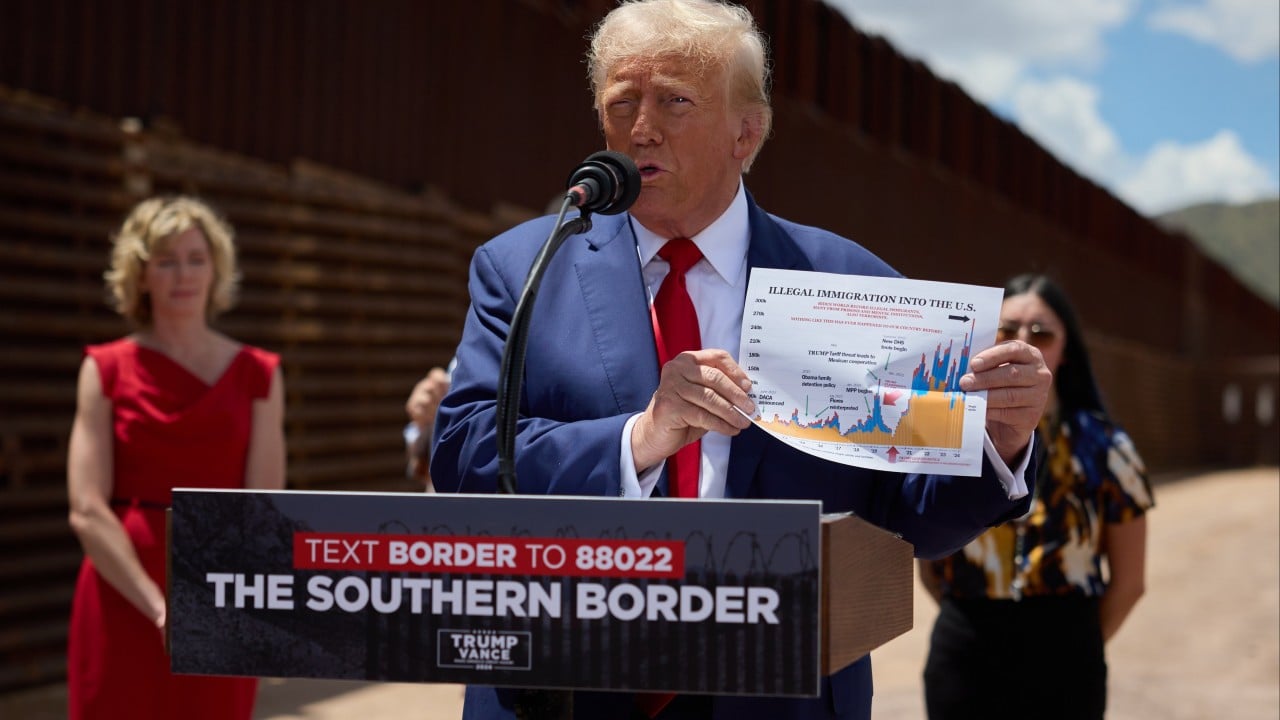Donald Trump has long pledged to deport millions of people, but he is bringing more specifics to his current bid for the White House: invoking wartime powers, relying on like-minded governors and using the military.
Advertisement
Trump’s record as president shows a vast gulf between his ambitions and the legal, fiscal and political realities of mass deportations of people in the United States illegally – 11 million in January 2022, by the Homeland Security Department’s latest estimate. Former president Barack Obama carried out 432,000 deportations in 2013, the highest annual total since records were kept.
Deportations under Trump never topped 350,000. But he and his chief immigration policy architect, Stephen Miller, have offered clues in interviews and rallies of taking a different approach if they are returned to power in November. They could benefit from lessons learned during their four years in office and, potentially, from more Trump-appointed judges.
Advertisement
“What Trump seems to be contemplating is potentially lawful,” said Joseph Nunn, counsel at the Brennan Centre for Justice at New York University’s School of Law. “There might not be a lot of legal barriers. It is going to be logistically extraordinarily complicated and difficult. The military is not going to like doing it and they are going to drag their feet as much as they can, but it is possible, so it should be taken seriously.”


